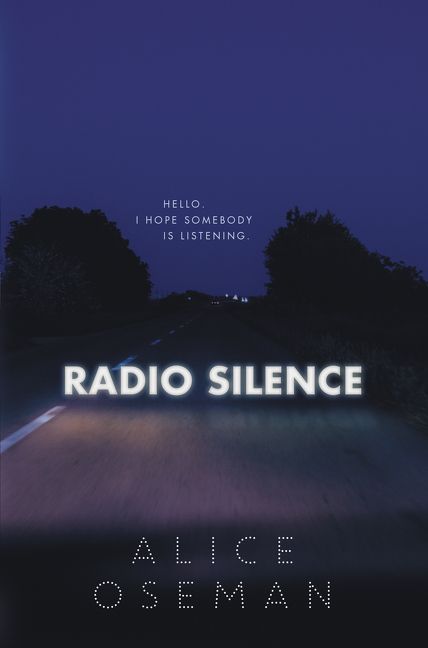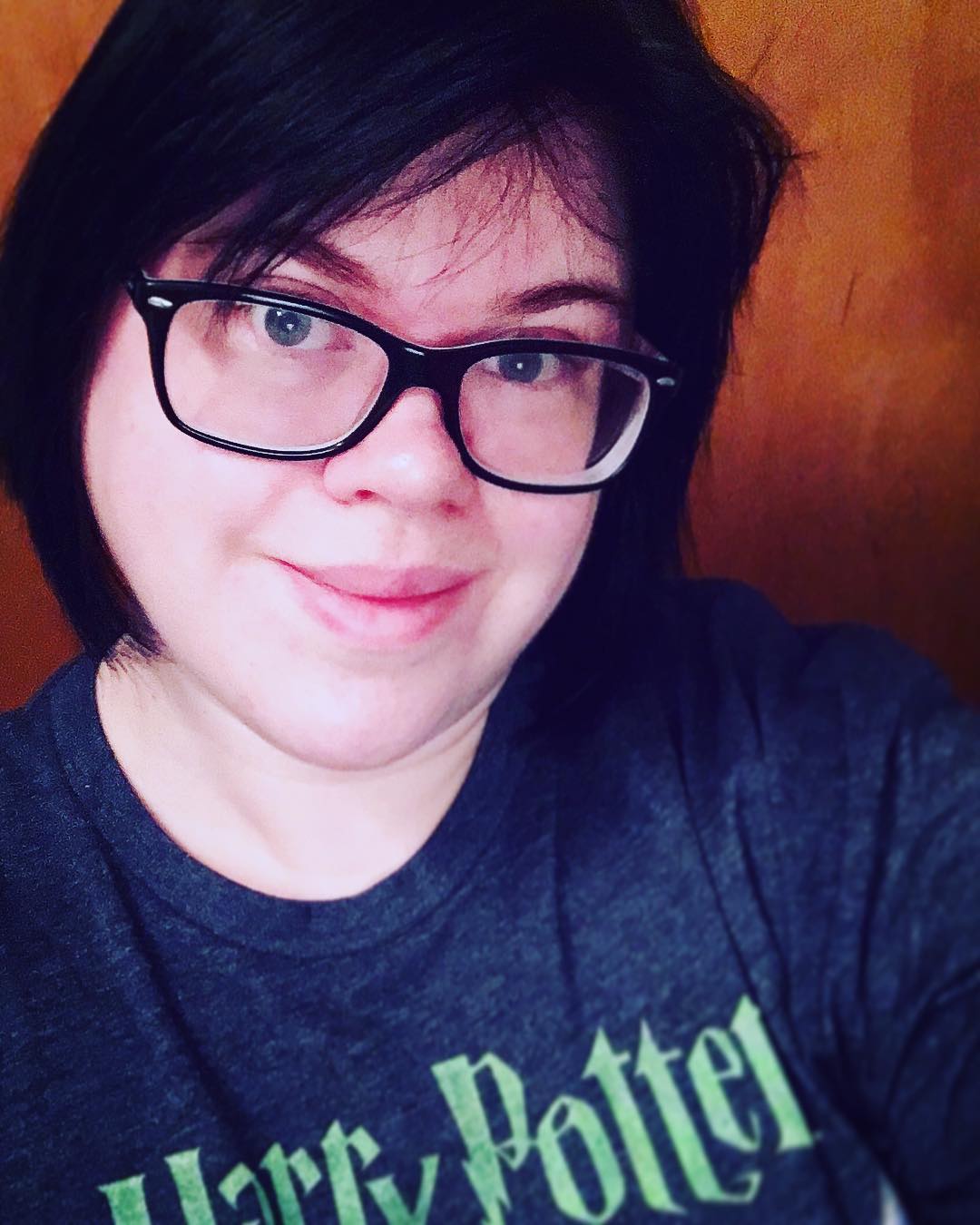Craft review by Sarah S. Davis
Don’t bother asking Cambridge-bound Head Girl Frances Janvier anything. She won’t know the answer. She doesn’t know who she is. She doesn’t know who she wants to be. She doesn’t know what she wants. In fact, through her interior monologue and dialogue with others, it’s clear that clever Frances, the heroine of Alice Oseman’s Radio Silence, is really only certain of the one thing she repeats over and over: “I don’t know.”
Not just a preoccupation of writing hobbyists and moonlighters, defining character motivations is a craft topic that has fascinated authors as acclaimed as satirical surrealist Kurt Vonnegut, who famously instructed: “Make your characters want something right away even if it’s only a glass of water. Characters paralyzed by the meaninglessness of modern life still have to drink water from time to time.” Our heroes should know what they want, and it should inform every action they take, so goes the conventional wisdom. Without a motivation, there’s no conflict, and without a conflict, there’s no story. Because it’s so easy to buy into the gospel of motivation, the concept of a novel about a character sputtering around without a Motivation! seems almost radical. Yet these stories offer an authenticity that rings true to many teen readers who feel they must conform to society’s expectations and suppress what they truly want, if they know what that is, if they even feel allowed to wonder. In fact, stories about “lost” young adults who struggle to articulate their motivations on their own terms craft an unexpectedly rich character arc driven by the conflict of defining desire and teach us much about characterization in the process.
Prescribed Achievements in Conflict with Genuine Desire
Radio Silence is Oseman’s sharp critique of the brutally high and often dangerously unrealistic expectations with which today’s best and brightest teens contend. Though set in England in 2013-2014, Radio Silence touches on themes universal to many teenagers around the world as they get ready to launch from adolescence into the next chapter of their lives. Frances and her peers face an enormous amount of pressure to obtain good grades and get accepted at an elite university, such as Oxford or Cambridge in the United Kingdom or the Ivy League schools of the United States. It is not quite accurate to say that college is treated as the only option for Frances and her peers because the word “option” does not enter into it. College is—inevitably and unarguably—what comes next.

When Radio Silence opens, Frances has engineered the entirety of her youth to optimize her chance of acceptance at Cambridge University. Through rigorous dedication to her studies, she has obtained the coveted position of Head Girl at her prep school, a title that she earned by succeeding in every academic endeavor. In the first chapter, Frances recites her mantra as she waits offstage before giving a talk to younger students: “I was going to Cambridge, and I was going to get a good job and earn lots of money, and I was going to be happy” (8). Frances has internalized this future as part of her identity, but Oseman is careful not to write any desire into it, notably excluding any verbiage indicating that Frances wants these outcomes.
What Frances does love is drawing fan art for a YouTube story series, Universe City, which she posts on her Tumblr blog. The passion she pours into her art is noted by the mysteriously anonymous creator of the series who reaches out to her about collaborating and is eventually revealed as her neighbor, Aled Last. Their friendship that summer pulls Frances out of her box and helps her discover a more fulfilling, vivid, and inspiring alternative to the life she thought she had to lead.
Dislodging Pre-Programmed Motivations
This awakening puts her at odds with the persona she thinks of as School Frances: a study machine whose sole interest is getting good grades and a spot at Cambridge. Aled is the first person who Frances really connects with fully, while her classmates only get to know the bland version: “My school friends weren’t bad people. They were just friends with School Frances—quiet, studious, Head Girl Frances—instead of Real Frances—meme lover, patterned legging fanatic, and very close to a breakdown” (282). School Frances seems to be the mode Frances is stuck in, but Aled and the validity he and the fans give her art start to shatter the persona. As the year stretches on and her friendship with Aled deepens, Frances notes that, “It was early November and I was finding it increasingly difficult to be School Frances anymore” (283). Frances experiences a disconnect between the skin she wore for so long and her true self, as if emerging from a cocoon. This throws her motivations into chaos, and Frances bombs her admissions interviews at Cambridge. The question that she struggles with the most should be the easiest. Her interviewer asks, “So, Frances, I suppose the big question is: why do you want to study English literature?” (316). Paralyzed by doubt, Frances provides a rambling, unfocused answer that ends: “I think… [Why are you applying to study English literature at university?] I think I’ve always… [Always what? Always been lying to yourself about this? Always believed that you were passionate about something you weren’t?]” (316). Despite her strong grades and impressive academic achievements, Frances fails to get into Cambridge after she cannot articulate why she wants to pursue the course she applied to study.
Aled, who is set to begin his first year at an (unnamed) prestigious university in the fall when he and Frances become friends, is not entirely a stranger. Frances was friends with Aled’s twin sister, Carys, several years ago before Carys ran away from home after failing exams. The specter of Carys lingers over Frances, who believes Carys fled because Frances kissed her, and Aled, who feels abandoned among their manipulative and emotionally abusive mother. Carys and her nonconformity operate as a cautionary tale for Frances and the reader, implying that failure to succeed in school warrants shame and exile towards an uncertain future. Left behind, Aled creates Universe City, a science fiction narrative about students trapped at a university, a story where Aled can radiate his profound dread and anxiety about college to a receptive audience. The closer Frances becomes to Aled, the more she realizes that his ambivalence is not a passing flirtation with rebelling against society’s expectations. Aled states his motivation clearly. He truly does not want to attend college and tells Frances outright. However, Aled does not believe he has any other option, and while he does move to campus and start his first year, he soon descends into an intense depression that alarms Frances and her friends. The severity of the crisis and the threat of Aled’s suicide force Frances to act with intention and urgency as she pursues a newfound motivation to save Aled’s life.
Empowering Protagonists to See Themselves as Heroes
Oseman’s novel resonates with today’s readers who also face making similarly hard decisions about the future with limited room for error. As the cost of college shoots to astronomical heights, the ensuing student loan debt can sink a young person for decades. The age-old assumption that education is an investment might not hold up among stagnating wages and shifting labor patterns in a volatile economy that has only just recovered from a global recession. This contemporary landscape demands more literature for teenagers that represents alternative paths when college is an unaffordable luxury or simply not desired. Additionally, students need to be shown that a top-tier four-year institution is not the only type of education available. Radio Silence explores these possibilities. Frances considers art school only after several people, including her art teacher, encourage her to think about it since she loves to draw and is quite talented. At first, the idea sounds ridiculous to Frances because she believes it wouldn’t lead to a career.
Though painful, the rejection from Cambridge is ultimately a gift as it releases her from a version of her life she had bought into for so long but recently discovered was hollow. Moreover, witnessing Aled’s alarming decline makes Frances realize the life-and-death stakes of conforming to a script written for you and not going after what you really want. As the story closes, Frances has become more emboldened to follow her interests and has secured a spot in art school. She tells Aled that the version of herself she is when she is making Universe City with him has made her realize that, “That version of me wants to do what I want” (456). No longer falling back on her reflexive “I don’t know” indecision, Frances is excited about a future that is finally aligned with what she desires.
Conclusion
In Radio Silence, Oseman deftly crafts a story about a character in search of a motivation that feels authentic and not prescribed. This creates not just an emotional and engaging journey for Frances, but also a challenge to the writer’s gospel of motivation. Frances and her friends struggle under society’s specific expectations for them to get good grades and attend elite universities, yet this clash can also be considered in the wider context of characterization. Oseman’s novel can be read as a critique of an author’s urge to assign motivations to characters rather than have them discover and articulate their wants and desires organically. Frances is both a character in a book by Alice Oseman and a character in a script that has been written for her since she was a child. As she awakens to the idea that she is the heroine of her own story, she is empowered to write the next chapter of her life, one that follows the motivations she identifies. Oseman’s message to writers, then, is to allow your characters to find the motivations that they want rather than force upon them the motivations that you want. And Oseman’s message to young readers? The pen is in your hand.
Sarah S. Davis lives among cats and piles of books outside Philadelphia. Her writing has appeared on Book Riot, Electric Literature, and Kirkus Reviews. She holds a BA in English form the University of Pennsylvania and a Master’s of Library Science from Clarion University. Sarah is currently an MFA student in Vermont College of Fine Arts’ kid lit program. She is working on a middle grade fantasy novel, a YA dystopian series, and collection of nonsense verse. Besides reading books, Sarah also reads tarot cards professionally.
Find Sarah on her blog, Broke by Books.

COMMENTs:
0